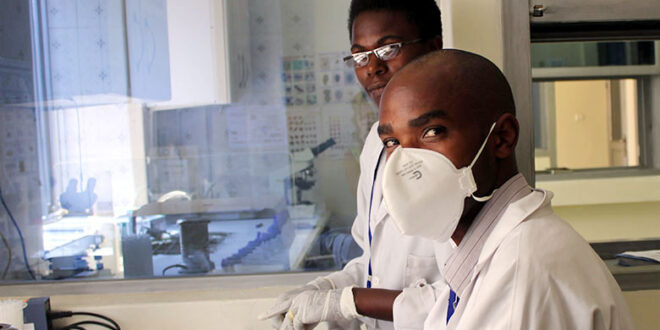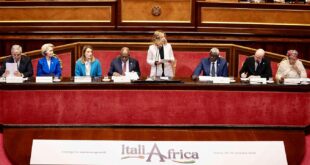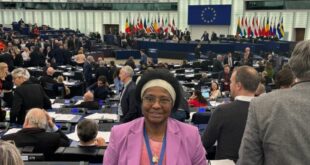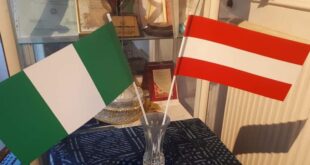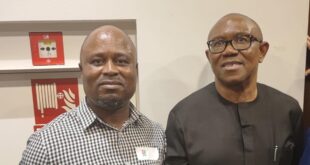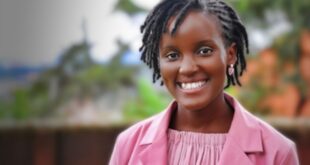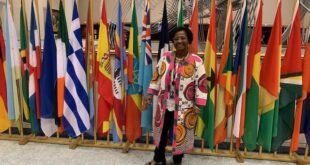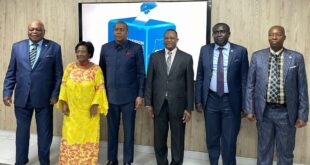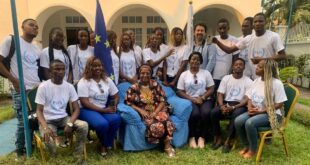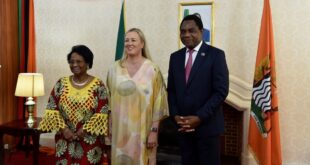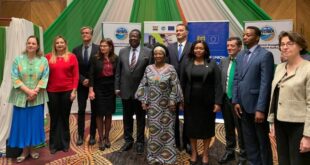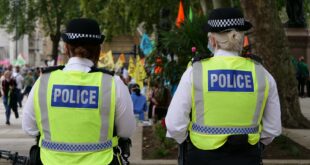The global Ghanaian diaspora community held a conference call on the ongoing coronavirus (COVID-19) pandemic on Saturday, 11 April to deliberate on how to support their members. Attended by representatives of Ghanaian communities in Europe, North America and Africa, the event featured a panel of Europe-based Ghanaian medical doctors – Dr Felix Yamoah, Dr Serwa Ayi, Dr Pearl Quartey and Dr Arthur Kennedy – that answered the questions frequently asked by Africans living in the diaspora about the disease.
————–
1. What permit do I need after recovery from COVID-19 for my employer? Do I need to make public that I had had COVID-19 or is it enough to show just the sick leave?
Answer: If you have recovered from COVID-19, a note from the Physician that you are fit for work is enough. Since COVID-19 is a public health issue, it might be relevant to inform employers to help them with contact tracing.
2. What advice do you have for families where both parents are frontline workers? Should one quit?
Answer: Since you are in the same household, they should take precautionary measures seriously to limit exposure.
3. What does new research say about new strains and vaccines?
There are a couple of strains of the coronavirus circulating around the globe and scientists are rapidly sequencing the genomes of virus samples taken from sick people. This will help in the quest for vaccines.
4. If a family member has COVID-19, how best can we take care of the person at home when they have mild symptoms?
Answer: Tylenol, paracetamol are basic drugs to give to the patients. They should isolate and minimise contact. We should empathise with them. Those who are suspected should quarantine and maintain social distance within family.
5. Do we need to do much else outside the basic hygiene practice to stay safe during this outbreak?
Answer: The wearing of a mask could assist.
6. Do the main symptoms associated with this novel coronavirus differ based on location, race or ethnicity?
Answer: Not much different but the symptoms vary from person to person.
7. The number of coronavirus cases in US seems to have increased very quickly in a very short period. How concerned should we be that there are more cases in African countries where testing centres are limited?
Answer: Initially testing was not done in the US and social distancing was not practised. If more testing and social distancing are done, we can fight the pandemic. There is a challenge in the household with several generations staying together.
8. What do we currently know about the human-to-human transmission of this novel coronavirus? Is it air-borne?
Answer: Both airborne and droplets. One should take precautions and consider it as airborne.
9. What makes this coronavirus strain significantly concerning?
Answer: This virus is different because people can have it and not show any symptoms. One person can pass it on to even 16 people or more.

10. Precautions to take when you have a new baby during these times?
Answer: A pregnant mother is not at any higher risk to COVID-19 than they are to influenza. However, if the mother is positive, she should wear face mask when taking care of the baby. Studies have shown that babies can handle the virus. Infants are not dying from COVID-19 and the few ones who died were premature babies.
11. Why are the consultants, scientists and researchers not sharing vital information to assist with the treatment and recovery of patients?
Answer: There is sharing, the genetic material was shared with everyone and those who cared had diagnostics. Most journals are fast-tracking submissions related to the virus.
12. Are Health Services just managing the symptoms with antibiotics and the respirator or ventilator?
Answer: There is protocol to follow. In addition, there is ongoing solidarity clinical trial to help find an effective treatment for COVID-19.
13. Are there enough face masks and testing kits available for frontline health workers in Ghana?
Answer: Yes, for the frontline workers for now. Face mask was a problem initially but the president in connection with the diaspora office are helping. Embassies are also doing their best.
14. Is asking patients to isolate themselves for 14 days without any further test enough?
Answer: No, there should be 2-3 tests afterwards. The test can be positive for 37 days even after a person appears to have recovered. There is a pathology report where the virus was found in the brain.
15. Is it only patients with mild symptoms that have chances of recovery?
Answer: No, some critically ill patients can recover.
16. Is there any link between 5G and COVID-19
Answer: It’s a conspiracy theory as there are places with COVID-19 cases where there is no 5G. Various labs have sequenced the virus and have been able to try them on animals.
17. What accounts for the high mortality rates among African Americans
Answer: They are exposed more due to the nature of their work. There are many diabetic, asthmatic patients and those with High Blood Pressure in their community. They live in close quarters and the young ones bring it to the elderly.
18. What are the home remedies to use when one develops mild symptoms?
Answer: Vitamin C and most of the traditional medicine might help.
Kwaku Appiah, Fred Addo and Benjamin Okrah
 THE AFRICAN COURIER. Reporting Africa and its Diaspora! The African Courier is an international magazine published in Germany to report on Africa and the Diaspora African experience. The first issue of the bimonthly magazine appeared on the newsstands on 15 February 1998. The African Courier is a communication forum for European-African political, economic and cultural exchanges, and a voice for Africa in Europe.
THE AFRICAN COURIER. Reporting Africa and its Diaspora! The African Courier is an international magazine published in Germany to report on Africa and the Diaspora African experience. The first issue of the bimonthly magazine appeared on the newsstands on 15 February 1998. The African Courier is a communication forum for European-African political, economic and cultural exchanges, and a voice for Africa in Europe.

